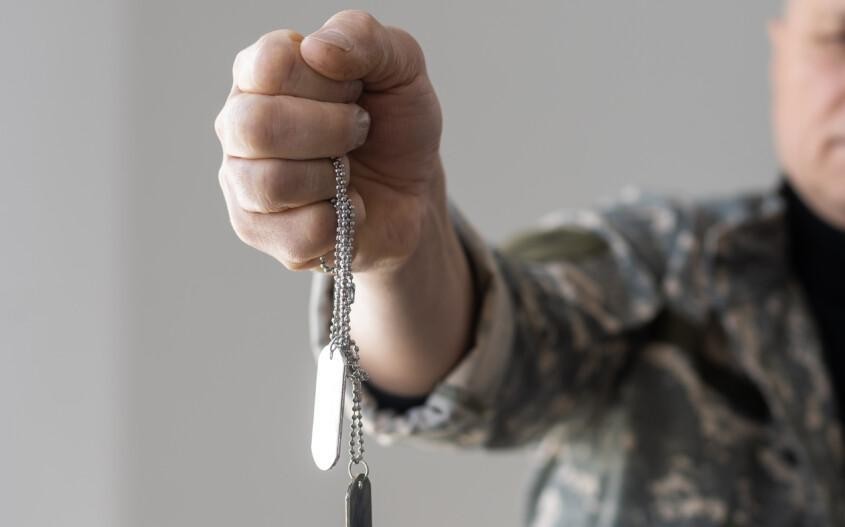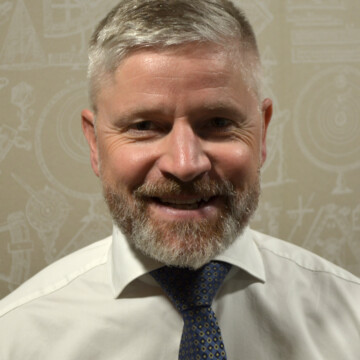Soldiers are needed, but why do they leave the service

Russian threat is growing in Europe. Personnel is a strategic matter for NATO. Work must be done for the well-being and capability of the personnel in all NATO countries.
Outflow of soldiers was brought up in the 18.3.2024 published Politico’s article ”Europe’s Soldiers keep quitting, just when NATO needs them”. Soldiers’ salaries are being raised in many countries. The problem is also conditions of employment, which are not very attractive. Constant overtime, being away from home for months and missing recovery periods are soldiers’ everyday life.
The same themes were discussed at the Nordic Officers Alliance (NOA) presidents’ meeting in Brussels. Many soldiers leave the service after 3–10 years. In Denmark, personnel programs have been made to improve retention factors. However, no help has been received from them. Raising the salary level seems to be the solution to the outflow. In Norway, the problem is the pension reform. The Swedish Armed Forces want to be increased quickly, but there is a shortage of personnel.
Cooperation between the Nordic countries will increase. We are now all members of NATO and it is easy for us to work together. After the discussions, we published the following statement:
The Presidents agreed on three important points.
- The need for cooperation among the Nordic countries will increase in the coming years, and we expect our governments to continue this cooperation for the coming years.
- Furthermore, we agreed upon the need to strengthen all our countries and our collective defense forces.
- And at last, we are all concerned about personnel situations in the defense forces in our countries, and especially the lacking ability to retain personnel in service. In this perspective it is
also needed to discuss salary issues.
Since NATO is not stronger than the weakest link in the chain, these issues must also be addressed by our governments.
In Finland, the wider outflow of officers is not yet a problem. However, we have to be prepared for changes. We still have a constant shortage in number of personnel. The service time and terms need to be developed. Soldiers’ working time and recovery must be in balance. There have also been challenges in the recruitment of the general staff officer course.
It is clear that we need ”carrots” for the career of general staff officers – simply reforming the content of the degree is not enough.
The employment conditions of NATO’s command structure are not yet at a sufficient level. Finland should develop compensation for family, spouse and travel expenses. The first tasks of the NATO force structure are military operations. The salary should be encouraging.
The issue is not recruiting but retention, we need to retain also families.
[Admiral Lisa Franchetti, the U.S. Navy’s chief of Naval operations]
Lehden etusivulleMuita artikkeleita

Palkkatason säilyttäminen vaati työtaistelua

Aatteellinen pohja ja etujen ajaminen tukevat toisiaan

